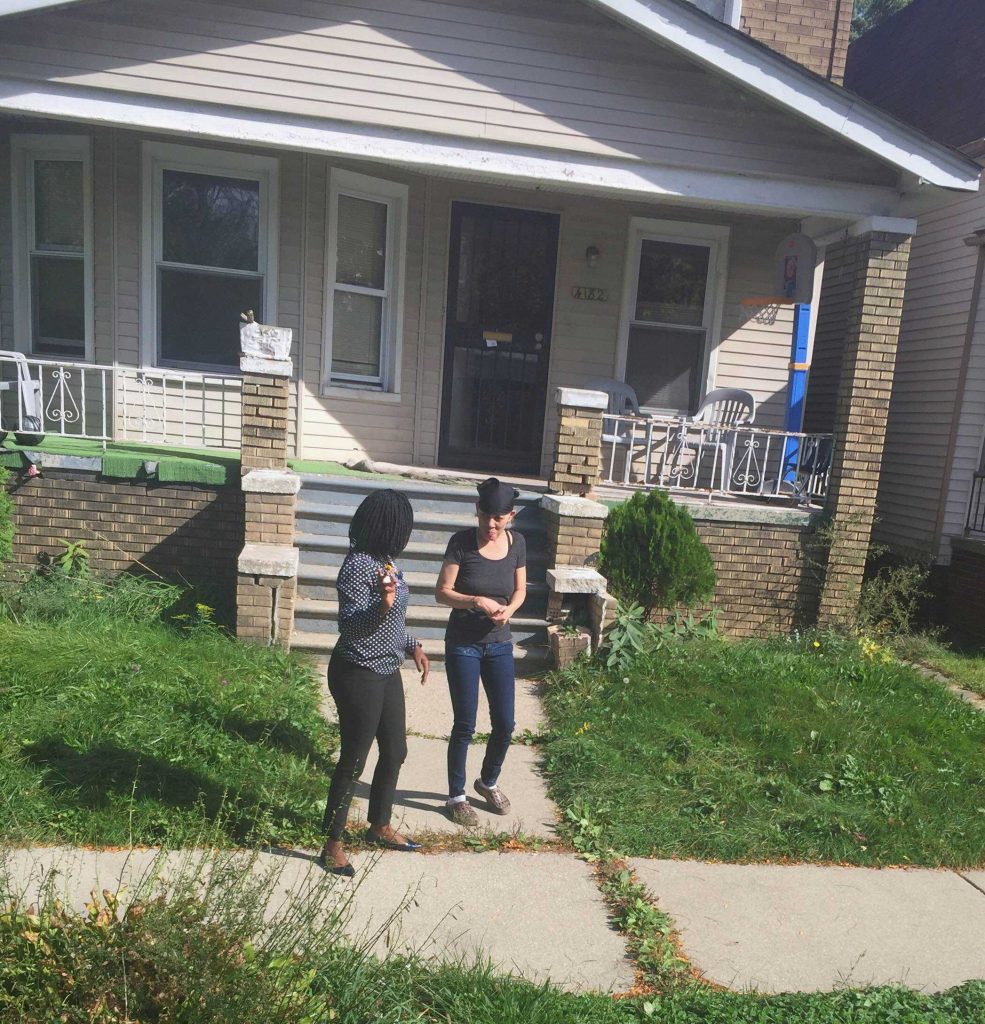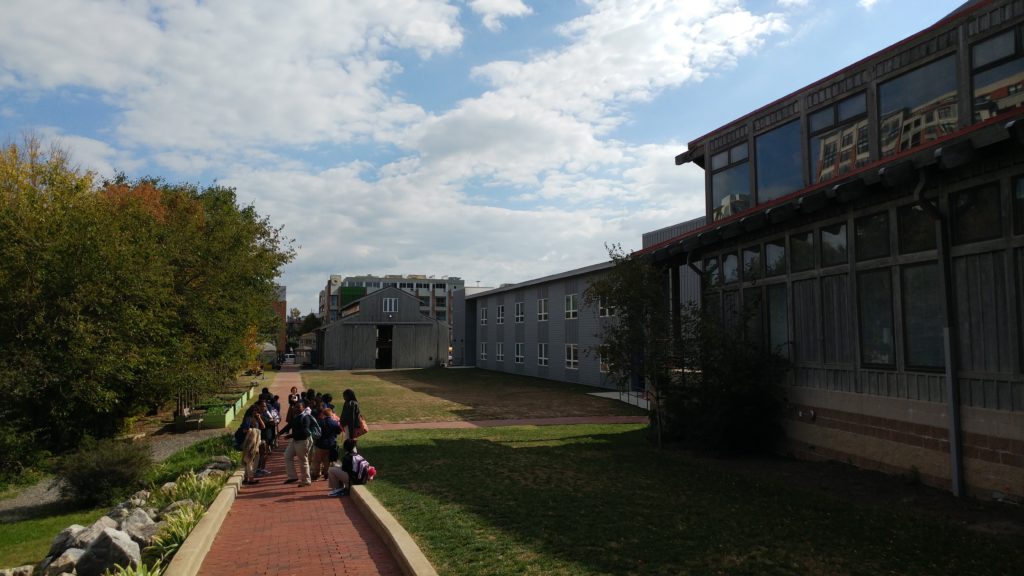As the dust settles from the 2016 election, and the climate action community charts a new path forward, strategies at the local level are more important than ever.
More and more, cities are acknowledged as a critical scale for climate change strategies and intervention. Urbanization compounds the environmental risks correlated with climate change and adds additional dangers, particularly around social equity. In cities that suffer from severe economic and social disinvestment, low-income communities are disproportionately vulnerable to new environmental threats. An urgent need exists for programs addressing the linked challenges of climate change and social equity. As Climate Solutions Senior Policy Advisor K.C. Golden wrote immediately after the election, “the intensifying struggle for economic and racial justice has permanently transformed the context for climate policy.”
In that light, the timing couldn’t be more critical to have kicked off our Partnership for Resilient Communities in Detroit and Baltimore. We now support two extraordinary community-based organizations, both implementing projects designed to tackle high-priority resilience issues in their city’s lowest-income neighborhoods. Their work is borne from the voices of residents and informed by the environmental emergencies of their communities.
This partnership, deeply rooted in social change, aspires to not only implement urgent resilience projects, but to integrate the projects, organizations and residents they serve into broader resilience initiatives to inform policy and influence decision-making at the local level. Our hope is to build transferable approaches that can be documented and shared widely to benefit vulnerable communities, committed organizations and local leaders across the U.S.
Here’s a bit about our inaugural organizations already proving, with innovation and commitment, to be heroes in the communities they serve and rising stars in the urban resilience movement.
Detroit
The Eastside Community Network seeks to green the Lower Eastside of Detroit, an area heavily affected by the economic crisis and a lack of stormwater management that has contributed to a public health crisis. They are working to train and support residents to install rain gardens on their properties and on nearby vacant parcels. These rain gardens will reduce severe street and basement flooding caused by the decaying municipal stormwater infrastructure, allow residents to receive significant stormwater credits to reduce their utility bills, and serve to restore the beauty of the city’s lowest-income neighborhood. The organization is engaging closely with community members to transform the neighborhood by providing mini-grants, mentorship and tools. And through a job training program, residents will gain technical skills to lead and implement stormwater management initiatives in their community for years to come.

Baltimore

The Living Classrooms Foundation is addressing urgent, human-life needs in one of Baltimore’s lowest-income communities, which experiences full weeks without electricity each year, due to lack of funding for an upgraded grid. To correct for this, the project aims to install solar power on existing community centers to provide power to families whose health and safety are at risk when the grid fails. This work is grounded in social equity – fusing deep community engagement with new forms of education on resilience, and a job-training program to prepare unemployed residents in solar installation – one of the fastest-growing job markets in Maryland. The ultimate goal of this project is to have its resident-led centers among the City of Baltimore’s official resilience centers, and for its model to be scalable and replicable in other parts of the state, region and nation-at-large.
We have had an enriching first two months of on-the-ground work with the communities, developing strong public and private partnerships across both cities, delivering technical assistance and witnessing the projects develop inertia within neighborhoods and among local and state leaders.
We believe these cities hold the potential to be national models of urban resilience. With organizations like these, thoughtfully developing strategies and relentlessly fighting for their communities, we are more optimistic than ever.
